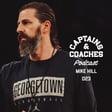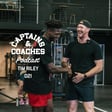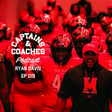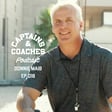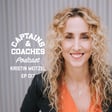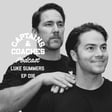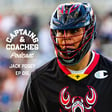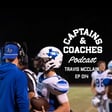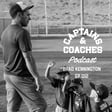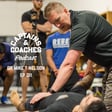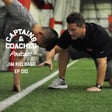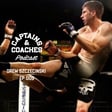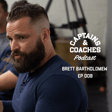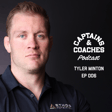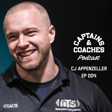
013 - Life, Lessons, Lacrosse w/ Nick Tintle
This isn't just another sports story. It's a masterclass in resilience, adaptability, and the art of turning challenges into opportunities.
Join us on the transformative journey of Nick Tintle—a professional lacrosse player who turned his passion into purpose. From dominating the field to building The Lacrosse Barn, Nick unveils the raw, unfiltered story of leadership that transcends sports and resonates with dreamers and doers everywhere.
Training Programs - 7 Day Free Trial
Captain's Speed, Strength, & Swagger: https://bit.ly/captains-train
Old Bull: https://bit.ly/old-bull-train
#CaptainsAndCoaches #NickTintle #LeadershipJourney #BeyondTheGame #ReinventYourself #FailFast #Lacrosse #TheLacrosseBarn #UNClacrosse #LacrosseTraining #PLL #PremierLacrosseLeague #TexasLacrosse #collegelacrosse
